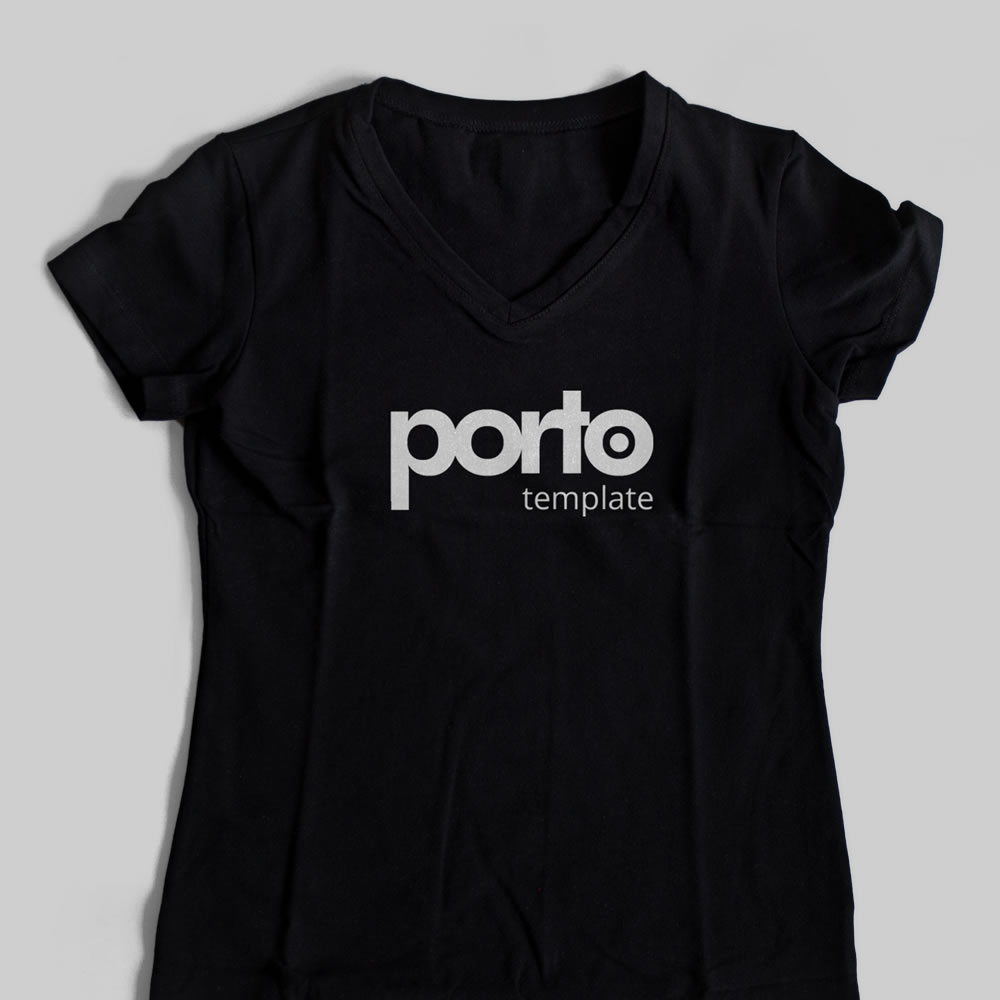
Transforming our world: the 2030 Agenda for Sustainable Development announced 17 SDGs Sustainable Development Goals with 169 targets, at the United Nations Headquarters in New York from 25-27 Sep 2015.
Sustainable Development Knowledge Platform Click https://sustainabledevelopment.un.org/sdgs
SDG 8. DECENT WORK AND ECOMNOMIC GROWTH To promote sustained, inclusive and sustainable economic growth, full and productive employment and decent work for all. Click https://sustainabledevelopment.un.org/sdg8
SDG 14. LIFE BELOW WATER To conserve and sustainably use the oceans, seas and marine resources for sustainable development. Click https://sustainabledevelopment.un.org/sdg14

Dr.Chanintr stated that after the EU issued Thailand a ‘yellow card’ warning over abuses in the fishing industry, the UN and the EU joined efforts in combatting unacceptable forms of labour in the Thai fishing and seafood industry. As a result, Good Labour Practices are now in use in 100 of Thailand’s seafood processing firms and the Thai government has accepted to review its national law and policy for compliance with international standards.
- Setting high standards. Thai seafood is committed to working with the ILO and directly with unions, CSOs, buyers, and government on setting and enforcing high labour standards in the industry. This is a priority for the ILO’s new seafood project funded by the EU.
- Industry accountability for bad actors. It is not in the long-term interest of responsible Thai suppliers/employers to allow some member companies—and companies in related sectors—to abuse workers and drag down the rest of the industry. The challenge for the industry will be to get ahead of these worker rights issues so that change is driven not by global media attention but by sustainable systems: strong due diligence and transparent reporting, social dialogue, effective enforcement, and prompt remedies.
- Independent verification. Transparency is a value we must embrace. It is no longer enough to tell the world you are protecting, respecting, and remedying. Support for meaningful enforcement of labour laws, independent due diligence, and the public disclosure of real data—whether good or bad. Public accountability is part of building a sustainable industry.
- Root causes, purchasing practices. With the ILO we are interested in getting to root causes of abuses in supply chains. This includes tackling difficult questions about purchasing practices for seafood—including prices paid by global buyers—and their upstream impacts on worker recruiting, working conditions, wages, and the right to organize and bargain.
- Mutual commitment. These problems did not appear overnight and without warning. It will take the combined efforts of suppliers, buyers, unions and civil society, government, and the ILO to re-organize the industry to reward not just price and quality but fairness, decent work, and sustainability. We need investors, global unions, buyers, and others to stick with Thailand and help hold us to our commitments as we make the needed changes.
